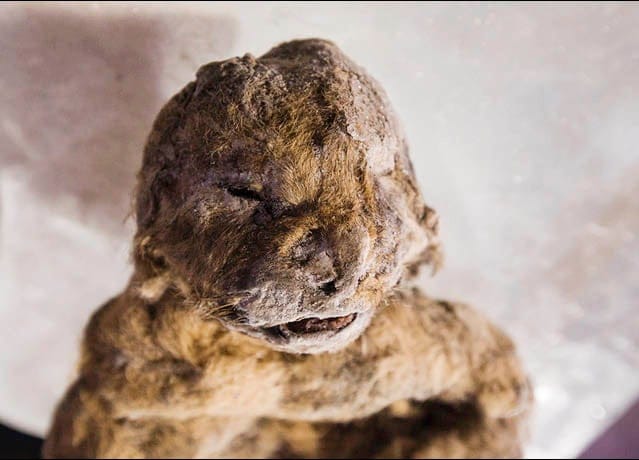At one point, Dr. Hwang Woo-suk was a respected South Korean scientist, regarded as an expert at the forefront of cloning. Now he’s known more for a tainted past that includes embezzlement and fabricated research.
Hoping to move beyond that disgrace, he recently traveled to the world’s coldest city to retrieve samples from an extinct, 12,000-year old cave lion. The cub was one of two discovered last summer in Siberia when a local river’s sudden rise and fall caused cracks in the permafrost, exposing them.
Although controversy between the South Korean and Siberian scientists arose over the size of the samples allowed to be taken, they reached a compromise. And thus, Hwang was able to add this prehistoric lion’s remains to those of the woolly mammoth he also hopes to bring back to life.
Hwang is now associated with the world’s biggest animal cloning center, set to open this year in China. In addition to producing numerous animals for the good of humankind—such as beef cattle, racehorses and sniffer dogs—scientists ultimately hope to uncover the mysteries of extinct animals.

